The UK Plastics Tax, first announced by the Treasury in 2018, will see plastic packaging manufactured or imported into the UK which does not contain at least 30% recycled material charged a tax of £200 a tonne from 1 April 2022 (see letsrecycle.com story).
Intended as an incentive for businesses to use recycled material, the tax aims to increase the use of recycled content in packaging by 40% as well as boost plastic recycling rates.
While those in the sector recognised the pull created by the tax, some told letsrecycle.com that other factors were having a much more visible impact on the current high prices being paid for recycled material.
Prices for recovered plastic film and bottles have been steadily rising over the past year to double the levels seen in the same period in 2021 for some grades (see letsreycle.com prices).
“We don’t know how much the Plastics Tax is affecting prices as currently there is a shortage of material anyway and virgin prices are quite tight,” reported one recycler. “Transport and availability is not good, so people are using more recycled material, keeping the price strong.”
“I think the Plastics Tax is having an impact but I don’t know how much of the increase in price is down to general demand and how much is additional demand,” commented another.
Councils are now terrified that they will lose revenue now people are back at work
- Plastics recycler
Volumes
One big factor thought to be keeping prices high at present is lower volumes of bottles than are usual for this time of year.
Normally at the start of the year there is a glut of material but this has not been seen in 2022. This has been linked to Christmas and New Year falling on the weekend meaning less disruption to collections and backlog and also to changing behaviours due to the pandemic.
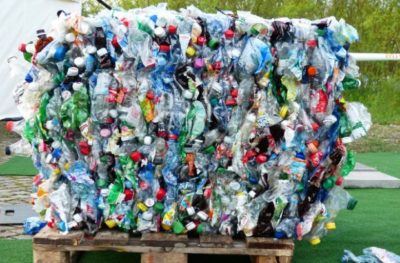
“We’ve got so used to the high volume we’ve collected because everyone has been at home,” explained one recycler. “Councils are now terrified that they will lose revenue now people are back at work.”
Meanwhile, demand for material has been increasing as manufacturing levels return to normal, virgin prices remain high and extra recycling capacity – being developed by companies such as Biffa, Viridor, Eurokey and Jayplas – starts to come online in the UK.
Although the Plastics Tax has made some of this investment possible, some of this capacity was planned before the tax was announced. Such investment has been driven by export markets diminishing, public desire to address plastic waste and widespread policy measures across the UK and Europe to tackle plastic waste – with several European countries announcing their own plastics taxes in addition to the tax being introduced in the UK.
‘Big bang’
As April draws closer, it is widely expected that demand and therefore prices will rise further, but some have questioned any ‘big bang’ effect from the plastics tax, pointing out that manufacturers cannot build up feedstock and start blending material into their production processes at the last minute.
“I don’t think there will be a big bang in April when the tax comes in as people will have been gearing up for it for a couple of years, maybe that is why prices have been getting stronger over the last year,” said one recycler. “I think prices may go up in April but I don’t think there will be a massive change.”
Another added: “It’s not like, come April, manufacturers will say, ‘oh, we need to do this’. If they were going to do something about this then they would have done it last year.”
Demand
Despite this, concerns remain over whether there will be enough recycled material come April to satisfy demand, with much tonnage already being secured in long-term agreements by giants such as Coca-Cola and Unilever.
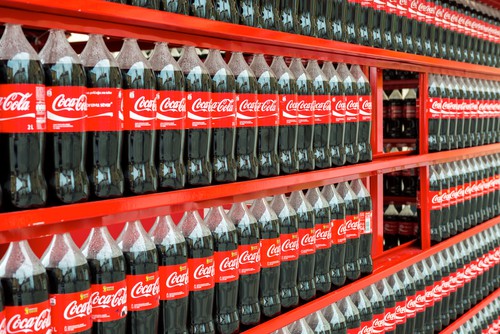
Single stream grades such as recycled PET natural and HDPE natural are already particularly sought after.
In order to reduce their tax liability, many manufacturers have been redesigning their packaging to reduce its plastic content. Elsewhere, industry is piloting chemical recycling for harder to recycle material – although this is not yet operating on a commercial scale.
“There’s only a certain level of plastic in the market that’s being recycled and our recovery rates are relatively low in the UK so until we can increase those we are not going to see more tonnage to satisfy this upwards demand,” one recycler said.
Virgin
This shortage of recycled material and increasing price, it is feared, could lead to manufacturers deciding to use more plentiful and consistently performing virgin material.
“I think there is a balance to be had,” commented one recycler. “Manufacturers will pay the penalty and take virgin if there is not enough recycled material available and prices rise further… It’s not like the Plastics Tax is going to come in and all of a sudden it is going to change the world.”
However, others were more hopeful, with one recycler pointing out that not all recycled content needed to be sourced from the UK.
“Only a small proportion of packaging in the UK is manufactured in the UK. European manufacturers have the whole of Europe to secure feedstock from,” he commented.
‘Positive’
Simon Ellin, chief executive of the Recycling Association – the trade association for plastics and paper recyclers – described the tax overall as “positive”.
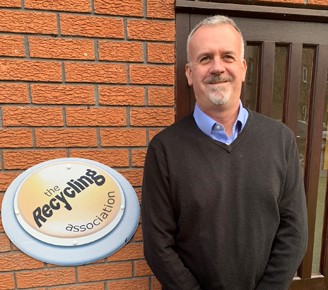
He said: “It is clear that the Plastic Packaging Tax will have an impact on the markets and over the longer term, that has to be positive. It will lead to investment in more UK recycling infrastructure as it incentivises producers to use more recycled content. On top of that, many are responding to their customers by aiming for even higher levels of recycled content than is required by the tax.
“There have been recent reports that the price of recycled polymers are already ahead of virgin, which could be showing the impact of the tax.”
‘Out of kilter’
However, he added that it was a “complex market and there are lots of other factors having an influence”, pointing to Covid, Brexit, PRN/PERN prices, high oil and gas prices and import restrictions overseas among other things, adding that “it is very difficult to make accurate forecasts on price”.
And, he claimed the tax was “out of kilter” with other measures intended to boost recycling rates – the Extended Producer Responsibility and the Consistency of Collection policies, which he said it seemed would “not be implemented until 2024 at the earliest.”
“This means these ways to ensure there was more supply of material in the market aren’t matching the demand pull created by this tax,” he said.
Recycling rates
This need to boost recycling rates was echoed elsewhere, with one recycler questioning how the tax revenue would be spent: “I don’t understand how the tax is going to drive better recycling rates, which is what we need.
“I don’t know where the £200 per tonne is going. Is it going to go back into recycling infrastructure or will it just put more pressure on the recycling industry to find tonnage that probably doesn’t exist?”





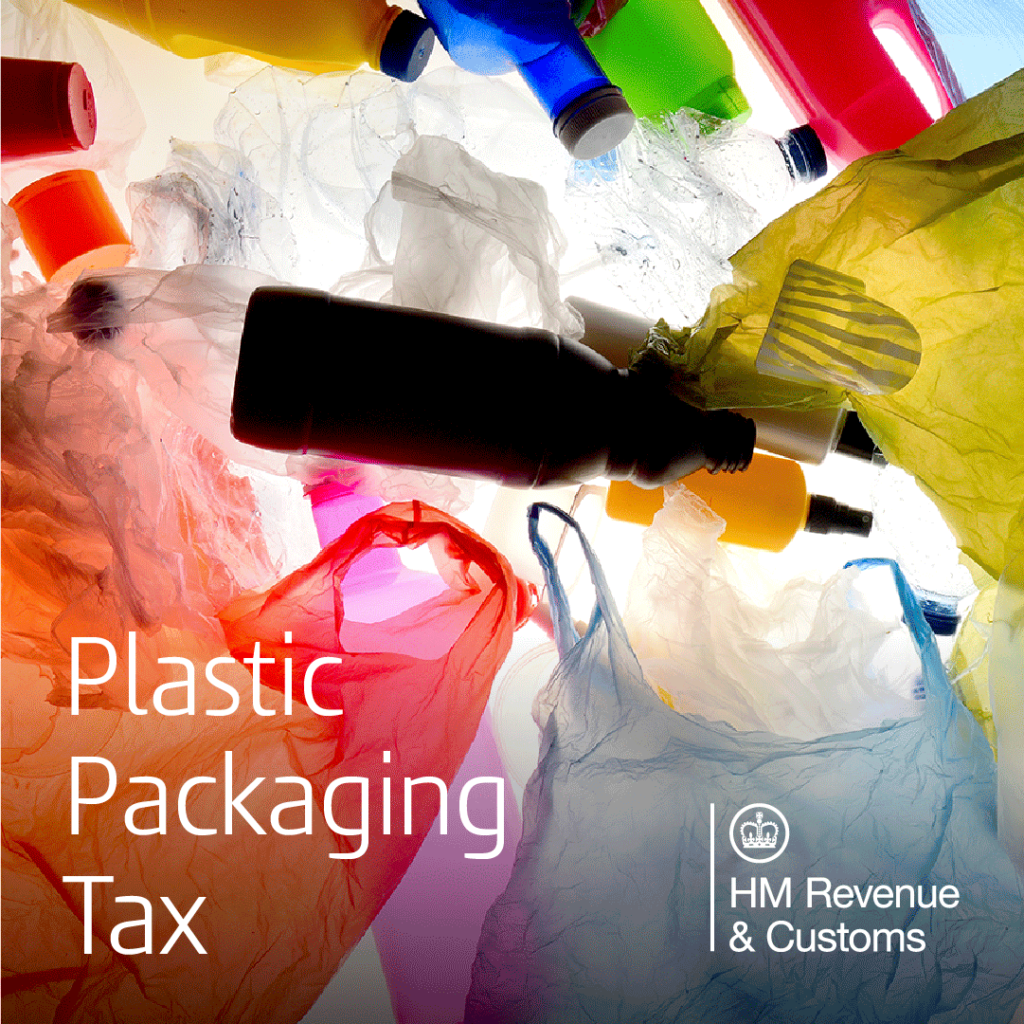

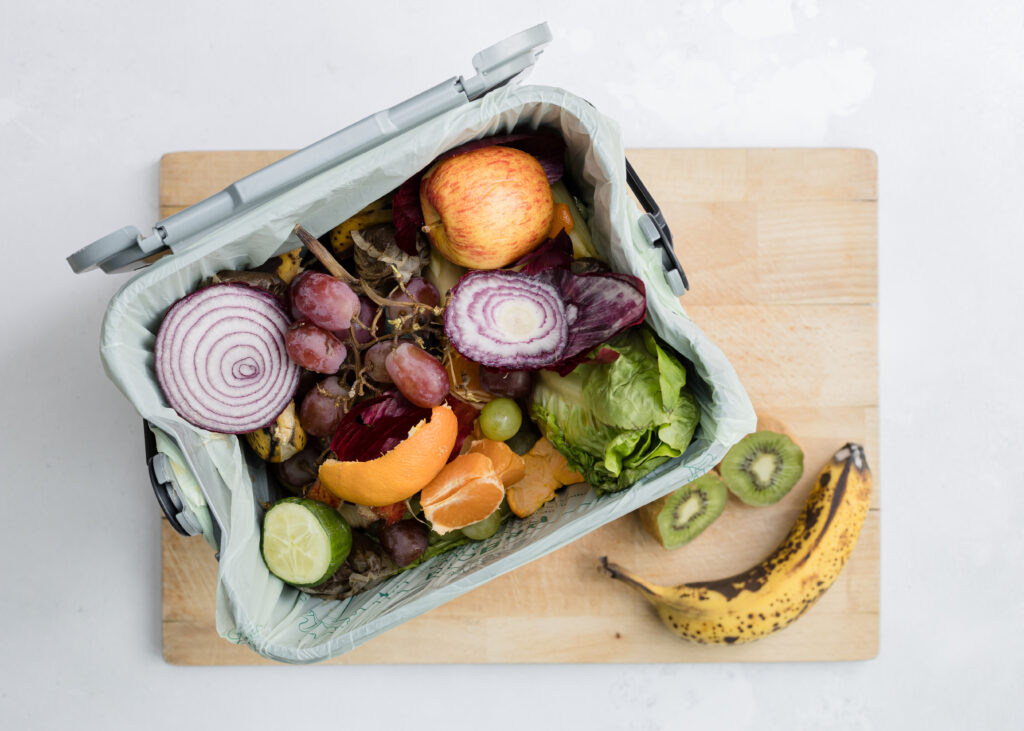

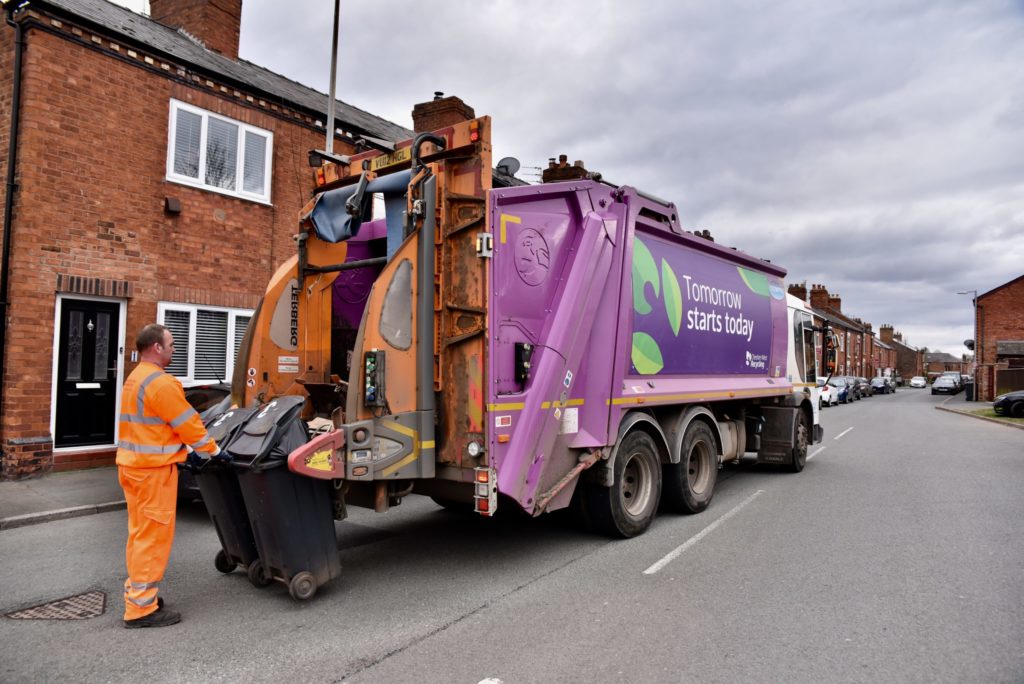


Subscribe for free